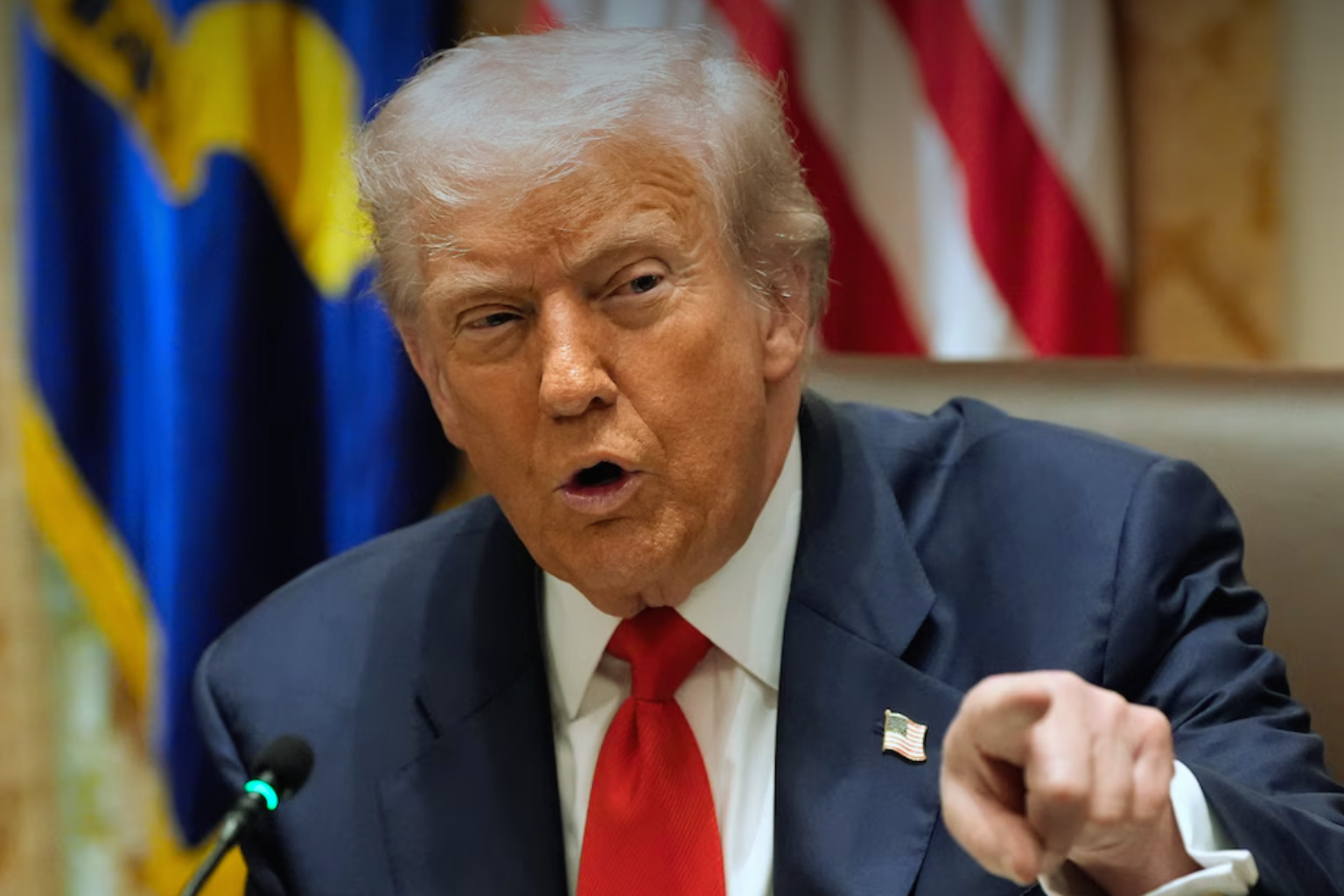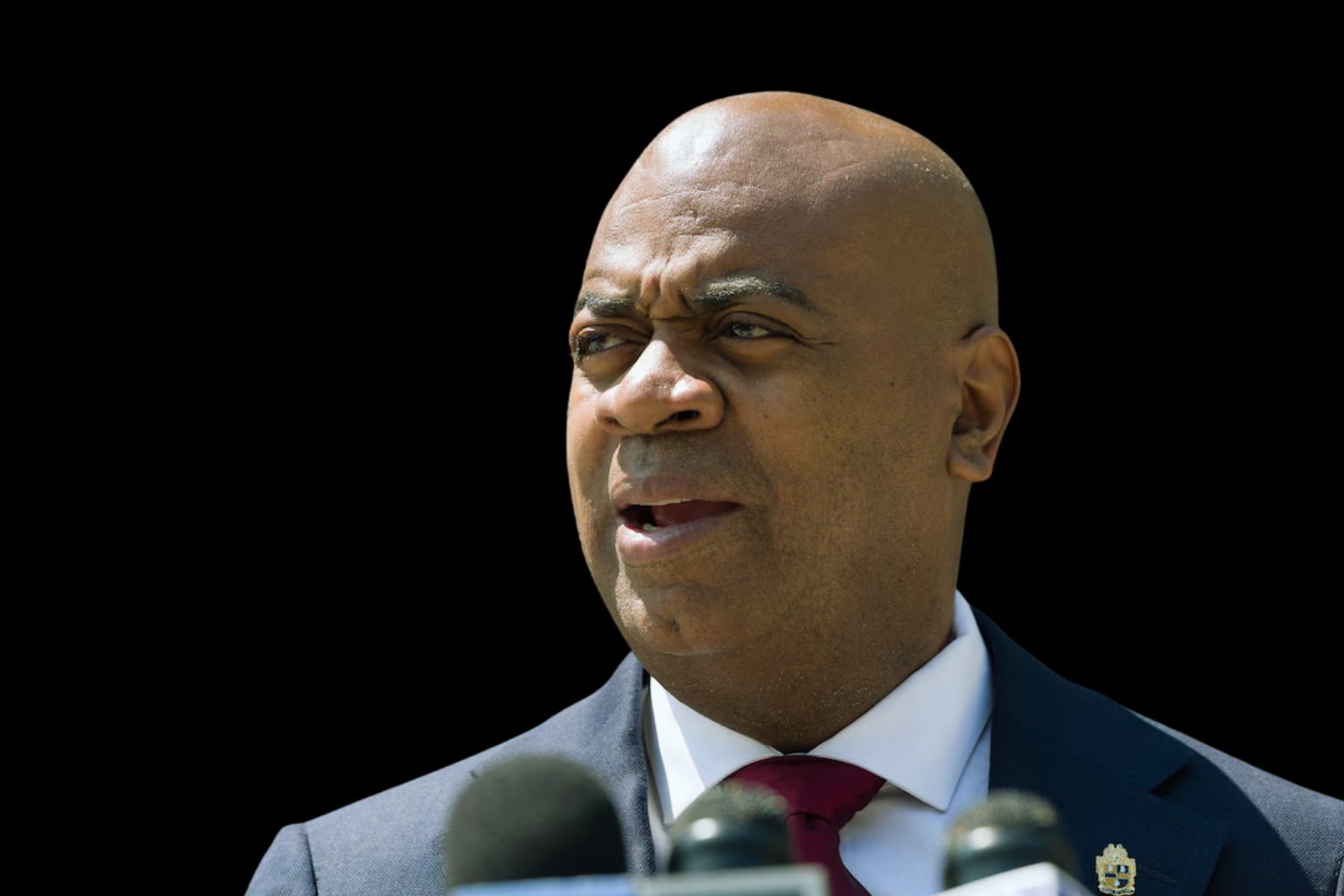Who Really Backs RFK Jr.’s MAHA Movement? A Deeper Look at the Latest Poll

A new Washington Post–KFF poll reveals who backs Robert F. Kennedy Jr.’s “Make America Healthy Again” (MAHA) program and its tensions. The poll reveals that MAHA’s base is narrowly political, even though many Americans support its agenda.
The July 18–August 4 study of 2,716 U.S. parents and guardians of children under 18 found that over eight in ten prefer tighter government control of food dyes, additives, highly processed foods, and added sugars. However, approximately 38–40% of parents support MAHA. Republican parents favor MAHA at a rate of 62%, including nearly 80% of MAGA supporters. One-third of independent parents support the effort, while 17% of Democrats do.
This ideological leaning makes observers say the movement is more like a political emblem than a health effort. Liz Hamel, KFF’s vice president of survey research, said that MAHA may represent identity more than philosophy for many parents.
The movement prioritizes chronic disease, alternative treatment, food reform, and vaccine change. MAHA parents worry more about obesity, overprescription, chemical additives, and vaccines, especially non-standard ones like COVID and flu vaccines. About 75% of MAHA-identifying parents believe their children are up-to-date on prescribed immunizations, and many trust MMR and polio vaccines.
Even if some support MAHA’s ideals but not its rhetoric or claims, others are skeptical. Some criticize its frequent challenges to scientific consensus—especially on vaccines and autism—and question how well public health goals match political tactics. After Kennedy allied with Trump, the movement combines populist language about rejecting “big food” and “big pharma” with wellness and medical freedom themes.
MAHA supporters say it taps into parental frustration. Ultra-processed food, sugar, and industrial additives worry many parents. The survey found these opinions among parents of all political stripes, including MAHA opposers. MAHA emphasizes environmental factors, cleansing, and medical authority differently.
Republicans, especially MAGA supporters, see the movement as a culturally relevant health story. Many independents and Democrats are wary of the movement’s vaccine and autism beliefs. However, the overlap in dietary issues allows MAHA to promote more popular laws or initiatives.
The movement’s capacity to persuade outside its core may determine its future. It must convince more diverse people that its health goal is science-based, not politics. Until then, its influence on public health and election politics will be debated.
Sources
Washington Post–KFF poll on MAHA support
Analysis of MAHA movement and public reception
Discussion of MAHA’s health agenda and controversies




